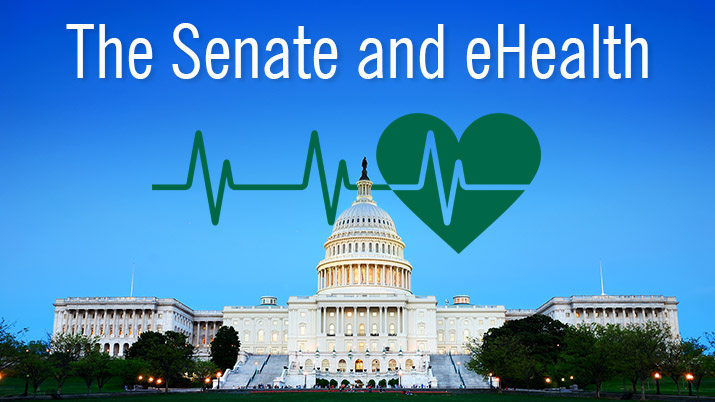The U.S. Senate Committee on Health, Education, Labor & Pensions (HELP) was launched in 1869. The HELP committee, led by 22 senators with three subcommittees, helps shape a wide variety of policies on healthcare, education, employment and retirement that impact U.S. citizens.
The three subcommittees are Children and Families; Employment and Workplace Safety; and Primary Health and Retirement Security. Each subcommittee has jurisdiction over issues that fit into these categories. Members review and report on all proposed legislation that pertains to health, education, labor and pensions, including topics such as:
- Labor standards
- Public health
- Student loans
- Private pension plans
- Child labor
- Aging
- Arts and humanities
The HELP committee typically acts on dozens of legislative actions in a typical session of Congress.
Current Legislation Affecting eHealth
After six hearings, the Senate HELP Committee recently completed a draft of a bill addressing several eHealth issues, such as patient and healthcare worker access to medical records, the red tape associated with electronic health records (EHRs), and information blocking.
The bill is also intended to help stimulate innovation, enable interoperability and improve both patient and healthcare workers’ ability to effectively use eHealth products.
The HELP Committee’s bill, which will be packaged with several biomedical innovation bills, includes seven key topics:
- Information blocking
- Transparent Ratings on Usability and Security to Transform Information Technology (TRUST IT)
- Empowering patients and improving patient access to their EHRs
- Interoperability
- Assisting physicians and hospitals in improving quality of care for patients
- Leveraging health IT to improve patient care
- Encouraging trust relationships for certified EHRs
After the draft was released, several markup sessions – where legislators meet to negotiate terms and details of the bill – were scheduled. During the first markup session, the HELP Committee worked to approve legislation reforming Health IT regulation.
Making Progress in Markup Sessions
While Congress is scheduled to be in session for only 120 days in 2016 due to the summer’s presidential conventions, the markup sessions are expected to yield approval on 45 – 50 measures, according to HELP Chairman Sen. Lamar Alexander. However, differences on funding for the Food and Drug Administration and National Institutes of Health could make negotiations more challenging.
Overall, signs indicate that good news could be forthcoming for those interested in advancing eHealth to improve patient care, reduce red tape and increase access to EHRs.
Resources:
http://www.bna.com/fda-reform-focus-n57982067890/




